President-elect Donald Trump is stacking the Department of Health and Human Services with people who are poised to favor the health fantasies of the rich. It started with the nomination of Robert F. Kennedy Jr.—an environmental lawyer with a history of promoting anti-vaccination conspiracy theories—to head the department. Then, Trump tapped Janette Nesheiwat, a Fox News contributor who peddles vitamins, for surgeon general; Marty Makary, who opposed vaccine mandates and supported natural immunity during the COVID-19 pandemic, for Food and Drug Administration (FDA) commissioner; and Dave Weldon, who has championed the idea that vaccine preservatives contribute to the rise of autism (they do not), for director of the Centers for Disease Control and Prevention. These picks do not inspire confidence. Under Kennedy's leadership, we will see a push for more individual empowerment—the kind only afforded to those with economic means.
Trump said he would let Kennedy "go wild on health." This is alarming because Kennedy's beliefs on health are... wild. Kennedy has expressed interest in revisiting vaccine recommendations, removing fluoride from water, rolling back research on infectious diseases, and overhauling the FDA. Between his support for vaccine choice and relaxing access to substances with questionable benefits, it is clear that he leans in favor of increasing individual health decisions. After some of these measures have been undone, individuals will have to be more vigilant and assume greater risks when navigating their health care. While this sort of individualism in the realm of public health is most harmful to low- and middle-class people, those least able to exercise choice, it is ultimately bad for everyone.
Kennedy's vision for "Making America Healthy Again" hopes to increase individual choice, which effectively translates to individual responsibility. However, one's ability to take responsibility is constrained by economic resources. Socioeconomic status is inversely correlated with morbidity and mortality. Unsurprisingly, money and education are protective. Those with more money and education have more opportunities to reduce risk of disease and maintain good health. Kennedy's plans to ramp up food regulation (motivated in part by ideology and pseudoscience), for instance, will likely increase the cost of groceries and make it harder for Americans to buy food. Even among those with the means, health individualism is burdensome and does not guarantee better health.
I am a medical sociologist who spent three years studying people who have long aligned with Kennedy, sharing many of his beliefs—they are parents of autistic children and allies who are convinced that vaccines and other environmental "triggers" contribute to autism. The debunked vaccine-autism link appeals to them because it suggests that autistic children can "recover" with the right combination of food, supplements, and experimental therapies. Here, parents find hope in the darkness of vaccine fear and confidence in their consumer power.

Although the parents I studied are better resourced than most other Americans, they take on enormous risks and debt when they experiment with products that are not FDA approved. Parents spend countless hours doing their own "research" on efficacy and thousands of dollars on substances and devices that are not evidence-based (one mother sold her house and accrued $125,000 in credit card debt). Parents' desire for less government regulation and oversight ironically stems from a lack of universal health care and adequate social safety nets to protect the most vulnerable Americans. It is in this context that they make risky health decisions in hopes that their disabled children could become more "typical" and better able to survive a neoliberal world. What we need as a country are population-level efforts to improve everyone's well-being.
When it comes to improving public health, we cannot keep privileging personal preference. Individual health is inseparable from population health. As we all had to learn during the COVID-19 pandemic, no individual, no matter how rich, can fully insulate themselves from the world around them. The U.S. failed to control the virus because we prioritized individualism at a time when our survival depended on collective action. Some resisted mandates to shelter in place and mask in public, placing their preferences over the safety of others. Then, when vaccines finally became available, skepticism and misinformation slowed efforts toward reducing transmission. Rich or poor, everyone was affected by the U.S.'s devastatingly inadequate response to COVID. Now, with mounting concerns about the transmission of avian flu, we might be tested again. As sociologist Andrew Szasz argued, insulating ourselves does not actually work and the delusion that it could will lead to complacency.
Kennedy's promotion of consumer choice may sound appealing—especially to those who believe they have choice—but it will ultimately endanger everyone. From what we already know about his beliefs and stated plans, Kennedy is not suited to lead the health department.
Catherine Tan is an Assistant Professor in Sociology at Vassar College. She is the author of Spaces on the Spectrum: How Autism Movements Resist Experts and Create Knowledge, published by Columbia University Press (January 2024).
The views expressed in this article are the writer's own.

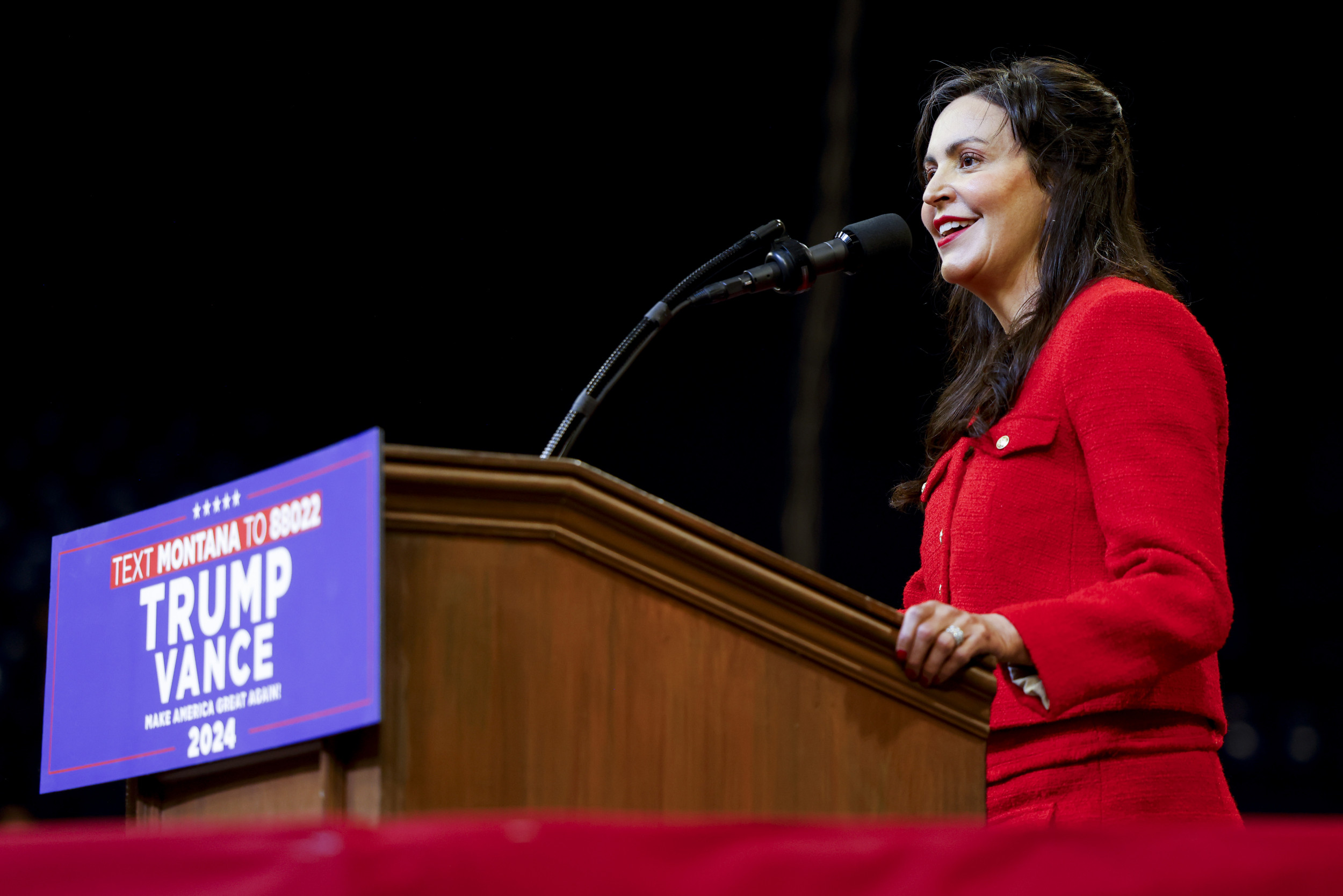

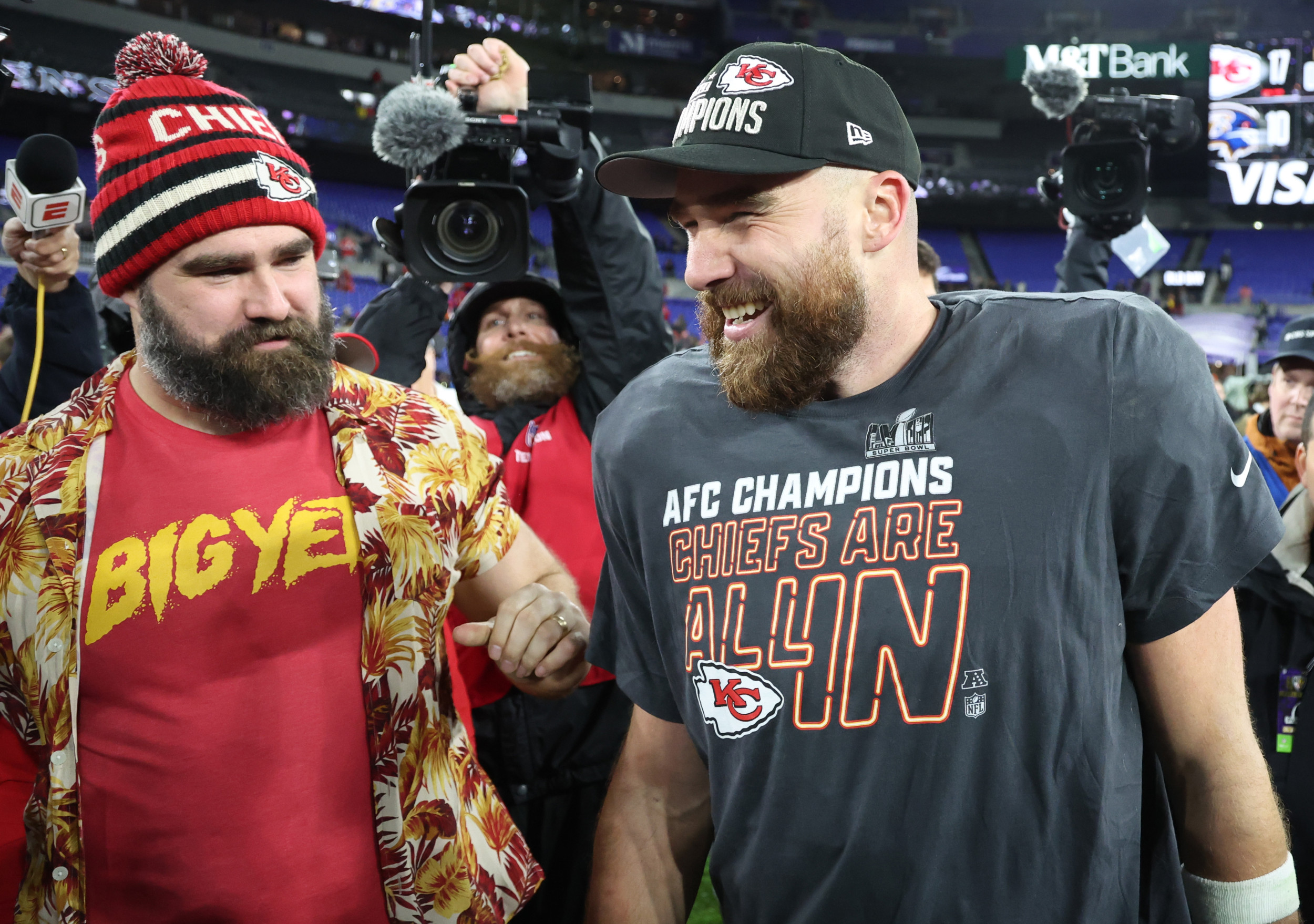

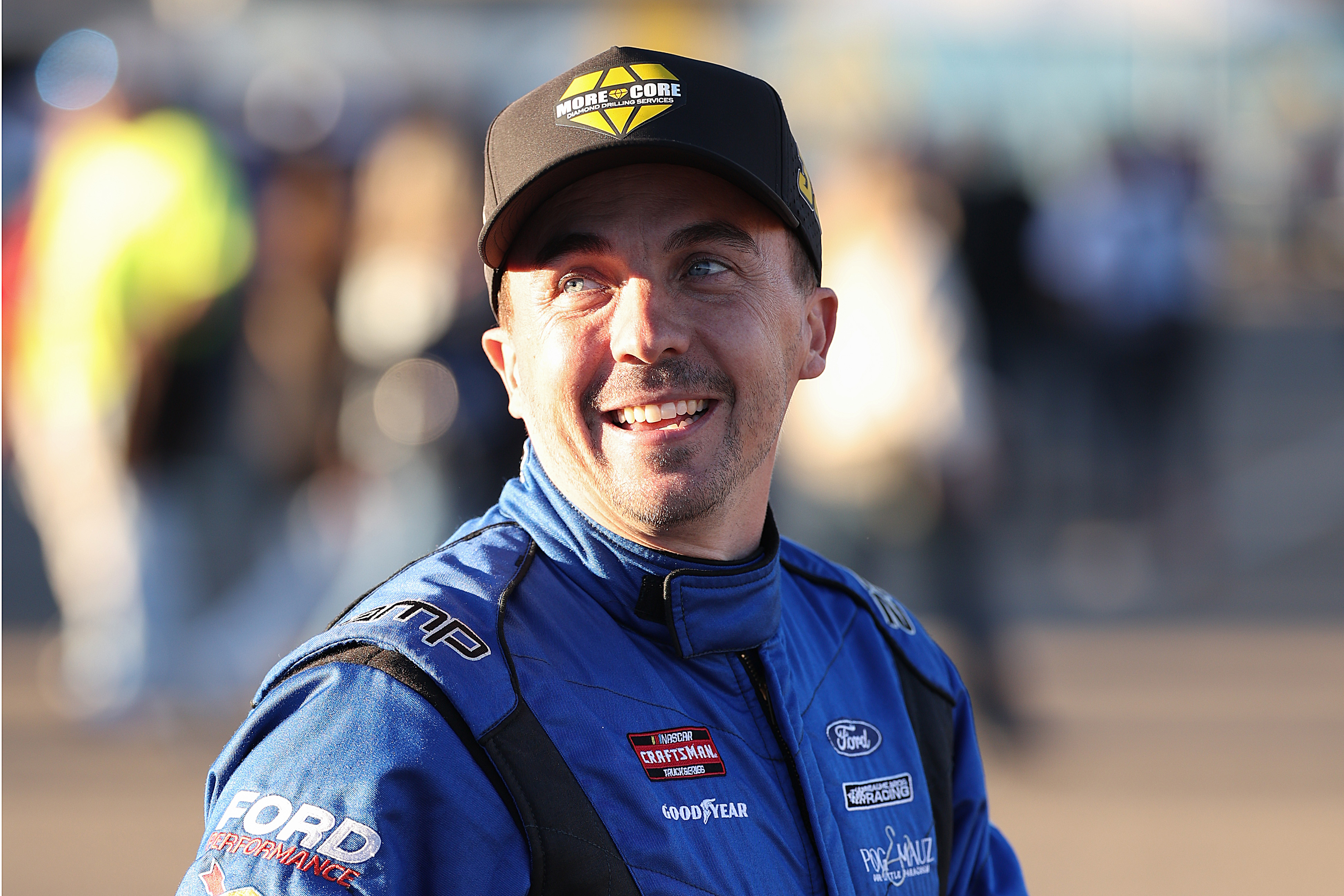


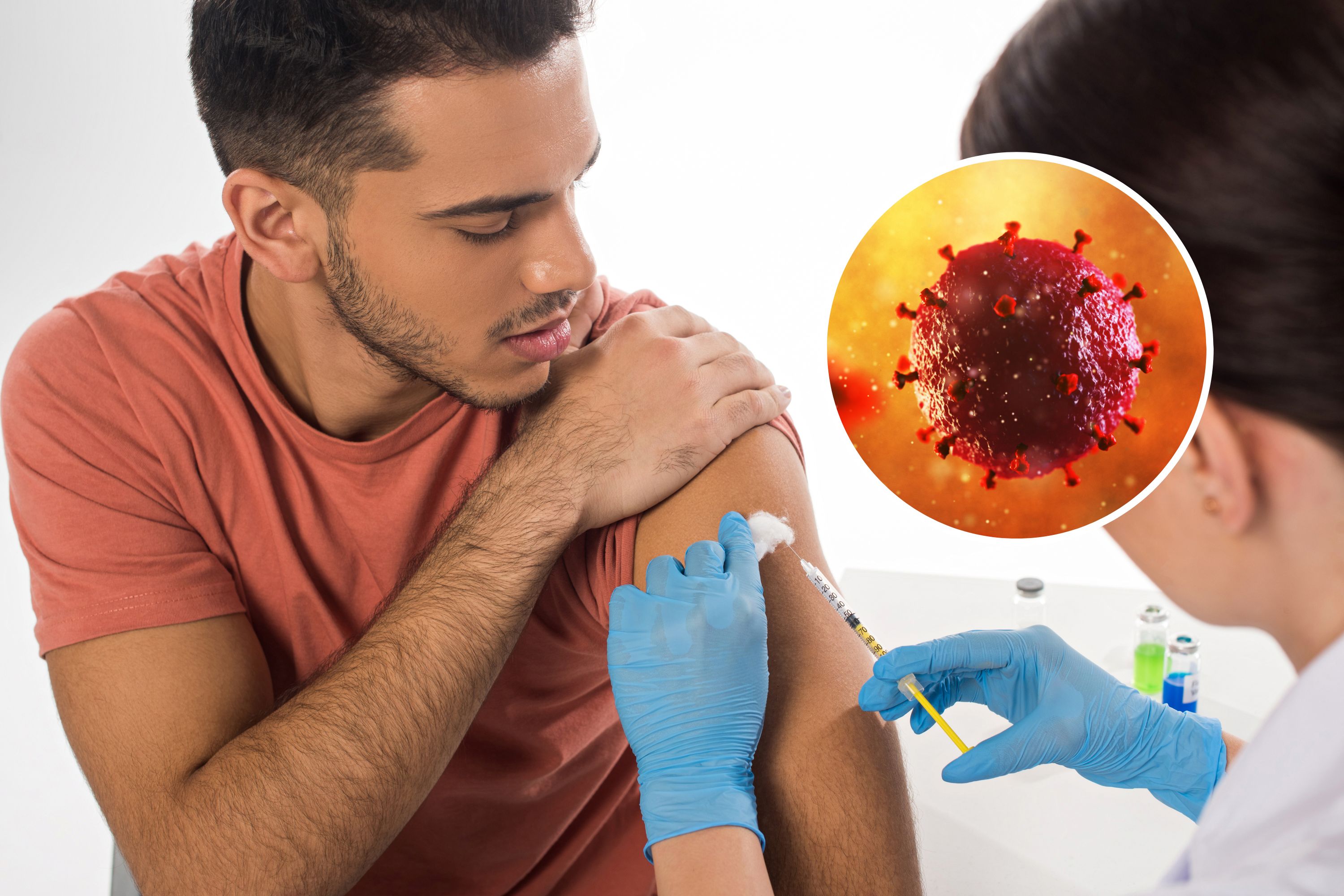
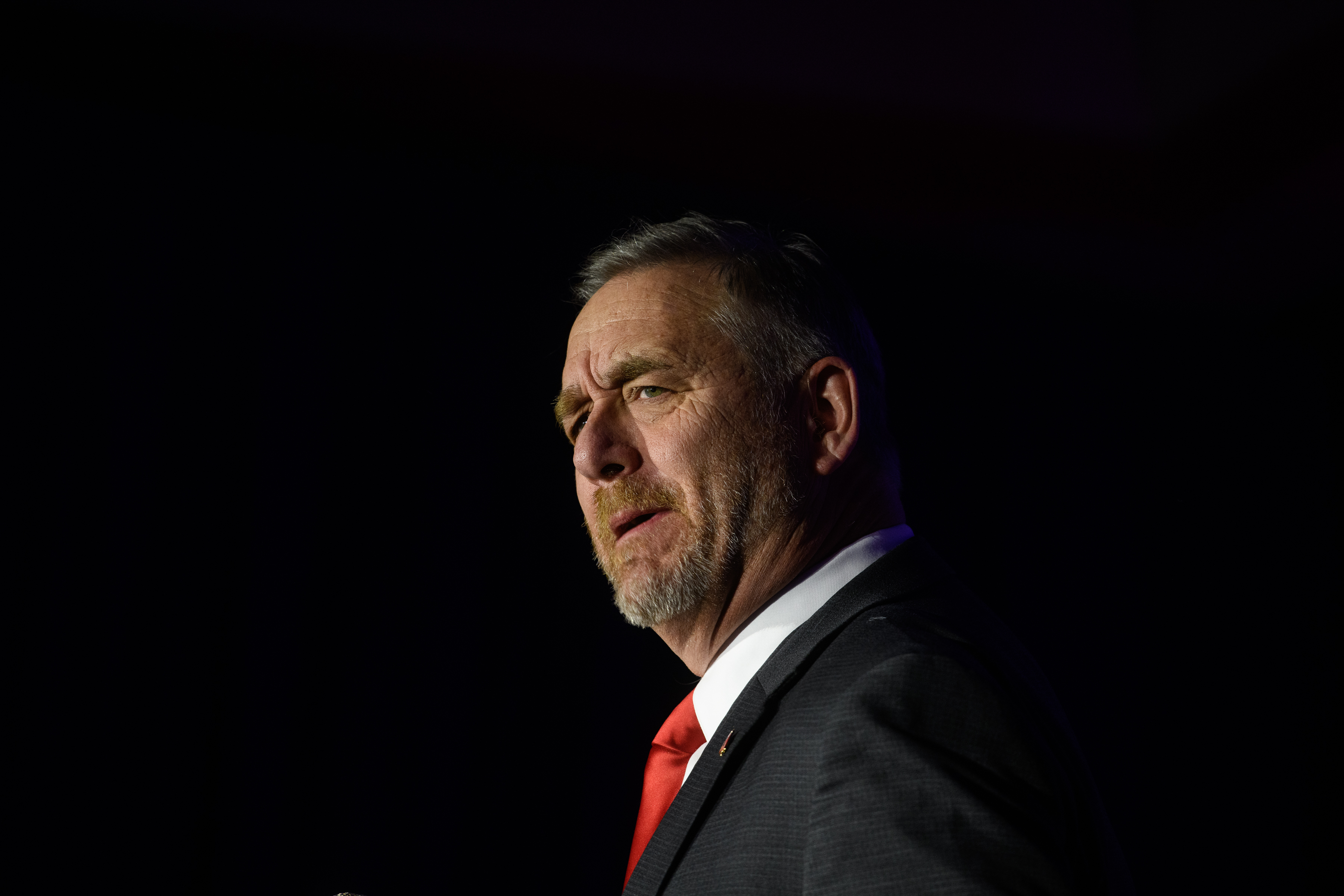








 English (US) ·
English (US) ·